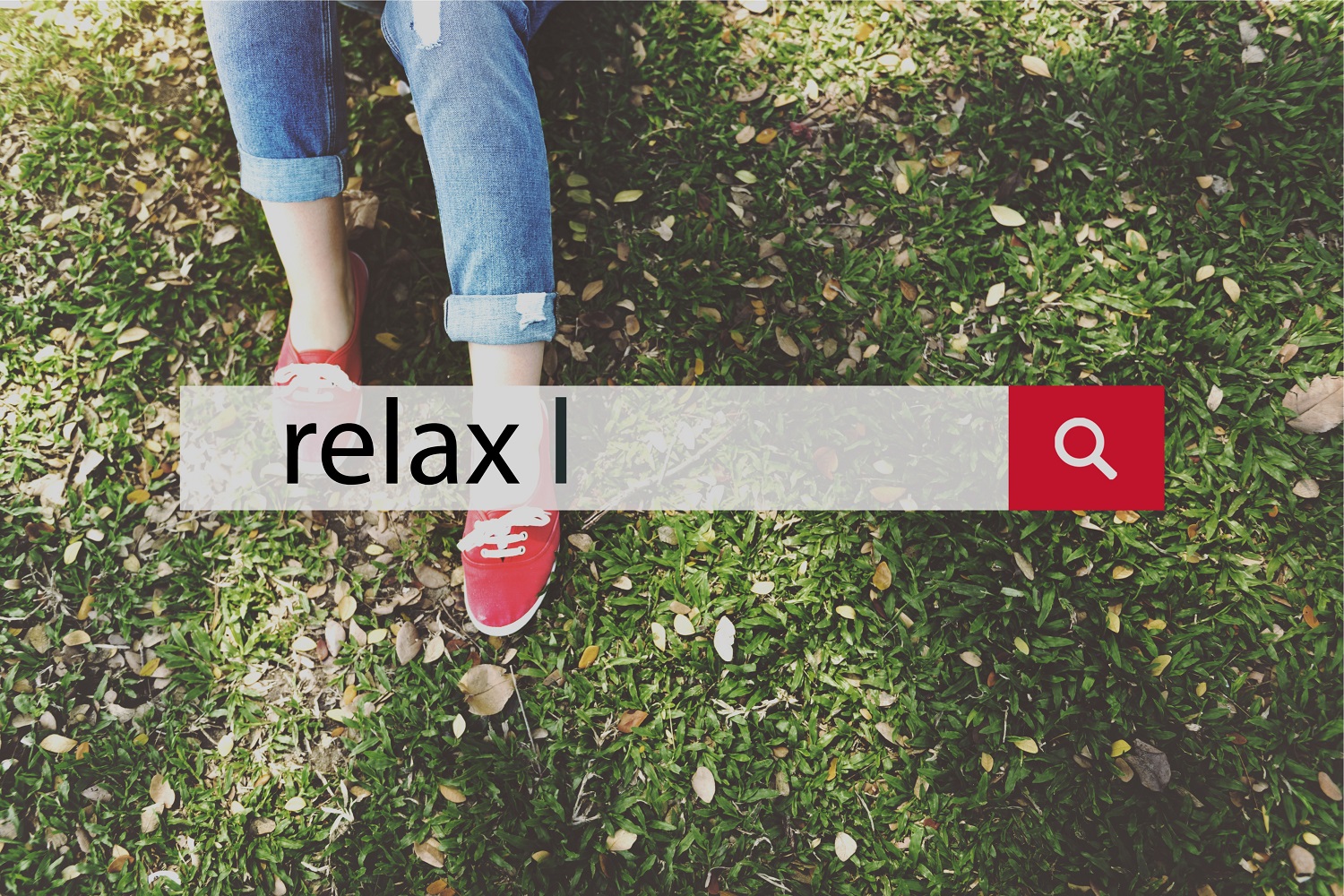Natural Ways To Manage Stress And Anxiety During COVID 19
By: - May 29, 2020
The covid19 pandemic is probably going to have a negative impact on mental wellness, worldwide, as billions of people are forced to isolate at home, which has been increasing the problem of anxiety. A recent survey in Britain showed a wide range of fears arising from the pandemic. As the symptoms of coronavirus are likely to continue for some time, even after the lockdown is eased, let us understand anxiety and panic attack, and the possible ways of overcoming them.
What is anxiety?
Anxiety is the body’s natural reaction to stress. The feelings of fear and apprehension are derived from uncertainty.
It is normal to feel anxious when our safety, financial stability, health, or happiness is threatened. At times, anxiety can become overwhelming and disruptive as well, leading to anxiety disorder. Excessive and lasting bouts of fear may lead to serious anxiety problems.
Symptoms of anxiety disorders:
Anyone may experience these symptoms during stressful times. However, individuals with anxiety disorders may experience them in absence of evident stress, with more severe symptoms and/or with many symptoms appearing together.
- Inability to relax or feeling restless
- Unrealistic worry
- Difficulty falling asleep or not sleeping enough
- Rapid pulse or pounding, feeling of heartbeat or palpitation
- Nausea, chest pain or pressure
- Feeling a “lump in the throat”
- Dry mouth
- Irregular breathing, shallow breathing
- Feelings of dread, apprehension or a loss of control
- Trembling or shaking, sweating or chills
- Fainting or dizziness, feelings of detachment
- Suicidal thoughts
What is a panic attack?
A Panic attack is an abrupt surge of extreme fear and discomfort that peaks within minutes. Panic attacks can be caused by heredity, chemical imbalances, stress and the use of excessive stimulants (such as caffeine or drugs)
Here Are 7 Holistic Tips To Deal With Anxiety And Panic Attacks:
- Be realistic- First of all, be in the present and in a conscious state. Try to understand what is really happening around right now, rather than what you imagine might happen.
- Stay active- Being at home, most people spend their time sedentarily, consumed in gadgets, online games, sitting ideal etc., which affects our health negatively. Consider spending your time doing various activities and regular exercise or Yoga at least for one hour daily, which addresses anxiety and stress.
- Avoid caffeine- Caffeine is a stimulant. Caffeine stimulates our “fight or flight” response. Research studies have shown that this can make anxiety worse and can even trigger a panic attack.
- Say bye to alcohol- Alcohol is a natural sedative. After drinking alcohol, we feel calm and relaxed. However, once the boozing is over, anxiety will come back with a requital.
- Quality of sleep at night- Your phone, tablet, and TV emit light that keeps your brain awake, hence, try to limit them an hour before bedtime. Whether you sleep 5 hours or eight hours, it does not matter; what matters is quality of your sleep and how relaxed you feel after that. Relaxing in proper Savaasana [corpse pose] calms the brain and helps relieve stress and lower the blood pressure.
- Breathing- Focus on your breathing when you feel any symptoms of anxiety listed above. Mindful deep breathing in open or fresh air will give immediate results, helping your mind relax.
- Meditation- Meditation is known for relieving stress and anxiety. The prime intention of meditation is to get rid of your mind and from negative thoughts, thereby replacing them with a sense of peacefulness. Research studies suggest that 30 minutes of daily meditation may evade some anxiety symptoms and act as an antidepressant.





